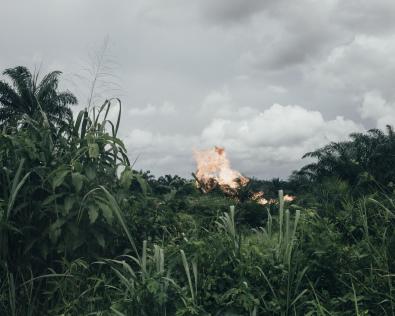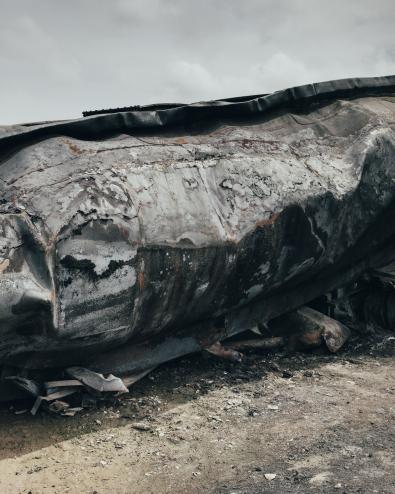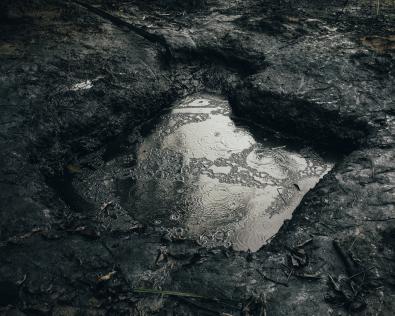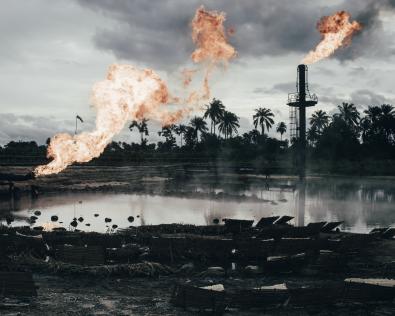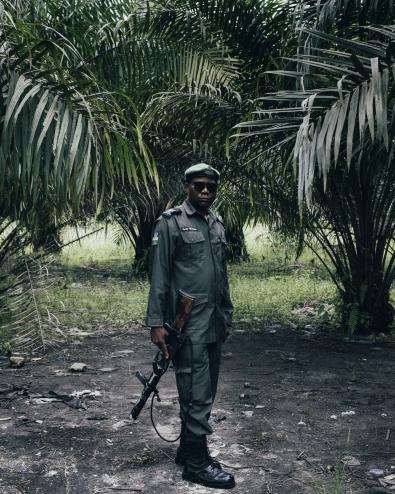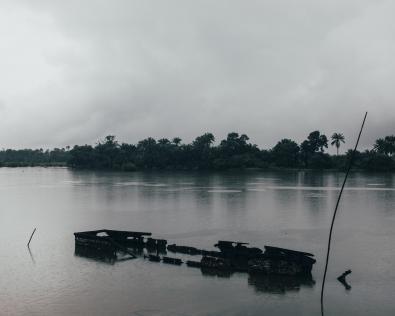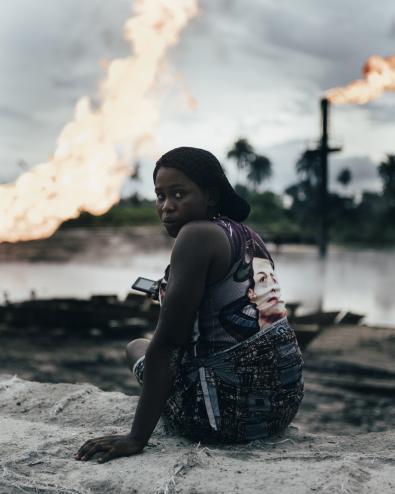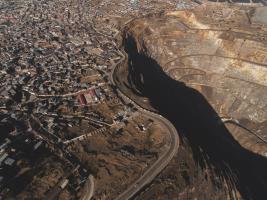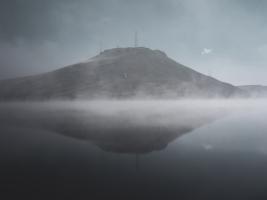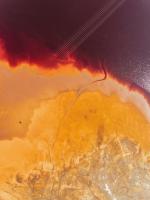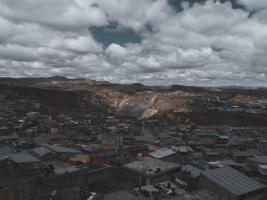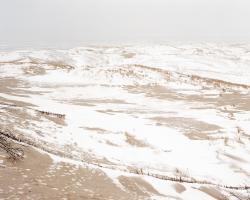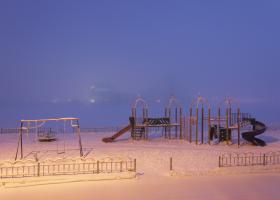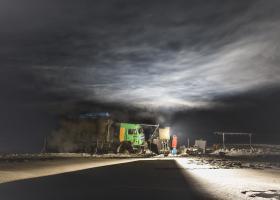Shortlist; WAHALA by Robin Hinsch
The Work arouses around the topics of untamed economic growth and ecological perspectives. The photographs were taken in Nigeria in 2019 „A fossil fuel is a fuel formed by natural processes, such as anaerobic decomposition of buried dead organisms, containing energy originating in ancient photosynthesis.Such organisms and their resulting fossil fuels typically have an age of millions of years, and sometimes more than 650 million years.Fossil fuels contain high percentages of carbon and include petroleum, coal, and natural gas.“ Covering 70,000 sq km (27,000 sq miles) of wetlands, the Niger delta was formed primarily by sediment deposition. It is home to more than 30 million people and 40 different ethnic groups, making up 7.5% of Nigeria’s total land mass. It used to be an incredibly rich ecosystem that contained one of the highest concentrations of biodiversity on the planet before the oil industry moved to the area. The Nigerian petroleum resources department estimated 1.89m barrels were spilled into the Niger delta between 1976 and 1996. A United Nations development pro- gramme report states there have been a total of 6,817 spills between 1976 and 2001, which account for a loss of 3m barrels of oil. So far, no real action has been taken by the authorities and oil companies to clean up and renaturalise the delta, and oil spills are still very common. Half of them are caused by pipeline and tanker accidents, while other causes include sabotage (28%) and oil production operations (21%), with 1% of the spills being accounted for by inadequate production equipment. Another issue in the Niger delta is natural gas aring. Nigeria ares more natural gas associated with oil extraction than any other country, with estimates suggesting that about 70% of associated gas produced in the country is wasted through aring, the equivalent of 25% of the UK total natural gas consumption.

